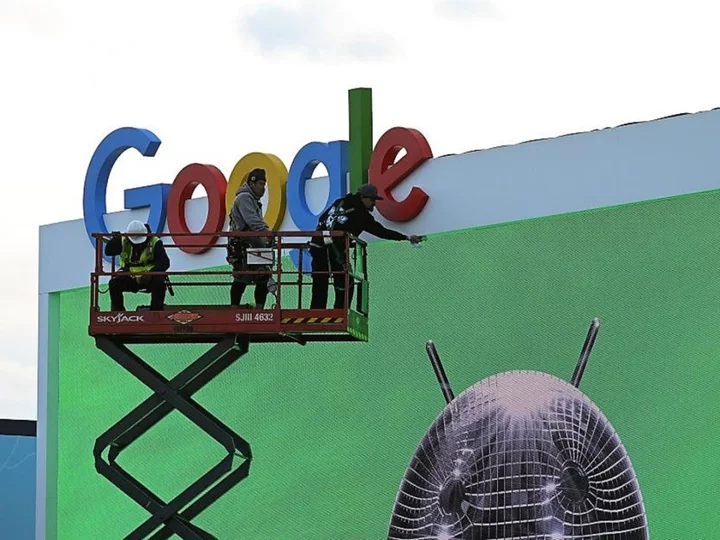
Google I/O 2023 live: Major AI news expected alongside new Pixel devices
Google is set to unveil its latest artificial intelligence offerings at its annual developers conference on Wednesday, alongside new products ranging from Pixel phones to the Android 14 operating system. Google I/O 2023 will offer Alphabet the chance to show what its massive investments into AI have delivered, as it seeks to take on OpenAI’s hugely popular ChatGPT chatbot. Integration of its Bard AI in to its Maps, Gmail and search is expected, while various leaks have hinted that the company will also launch a large language model (LLM) called PaLM 2, capable of operating in more than 100 languages. This AI tool is rumoured to be able to pass exams in everything from computer coding and mathematics, to creative writing and critical thinking. A live stream of the keynote will be available when it begins at 10am local time (6pm BST), which you can watch right here. Until then, you can follow all the latest news, updates and analysis in our build-up coverage below.
2023-05-10 18:17
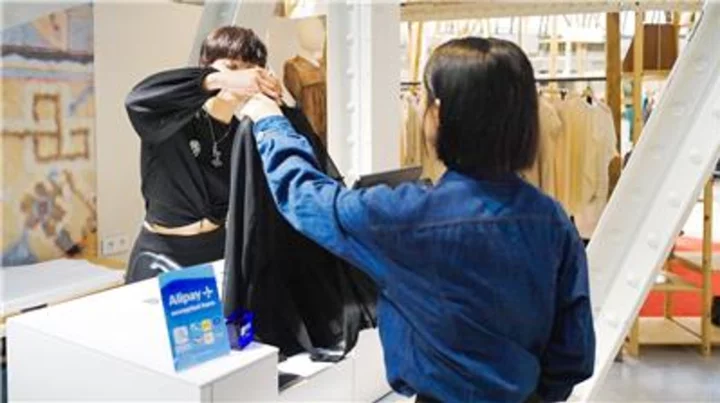
Top Retailers Join Alipay+ Premier Partner Program to Enhance Marketing Effectiveness With Cross-border Digital Toolkit
SINGAPORE--(BUSINESS WIRE)--Jul 31, 2023--
2023-07-31 14:24

The Best Cheap Gaming Laptops for 2023
No laptop is a true gaming machine unless it comes with a dedicated graphics processor
2023-07-07 08:47

How a Scottish boy digging for potatoes found an ancient Egyptian 'masterpiece'
For decades, archaeologists have been trying to work out how a trove of ancient Egyptian artefacts were buried in the grounds of a school in Scotland. In 1952, a schoolboy was sent to dig up potatoes as a punishment – how times have changed – when he found a statue. It turned out to be a masterpiece made some 4,000 years ago. Fourteen years later, more treasure was discovered by a boy during a PE class, before, in 1984, a group found another item with a metal detector. It turned out to be part of a set of 18 antiquities dug up over the next 30 years at Melville House, a historic building in Fife, Scotland. But nobody had any idea how they got there. Now, researchers think they might have unearthed what was going on. Alexander Lesie-Melville was a young heir to Melville House when he travelled to Egypt in 1856. A year later, he had returned to Scotland and died. Leslie-Melville might have picked up the collection on his travels – it certainly beats the Duty Free section at Heathrow – as antique dealers routinely sold ancient artefacts to rich foreigners during that period. After Leslie-Melville died, family members are thought to have moved the objects to an outbuilding, where they were promptly forgotten about. The outbuilding was then demolished. Margaret Maitland, principal curator of the Ancient Mediterranean at National Museums Scotland where most of the objects are housed, said: “The discovery of ancient Egyptian artifacts that had been buried in Scotland for over a hundred years is evidence of the scale of 19th century antiquities collecting and its complex history.” “It was an exciting challenge to research and identify such a diverse range of artefacts.” Dr Elizabeth Goring, who has since investigated the site, said: “Excavating and researching these finds at Melville House has been the most unusual project in my archaeological career, and I’m delighted to now be telling the story in full." The full story will be published in an upcoming article in the journal Proceedings of the Society of Antiquaries of Scotland. How to join the indy100's free WhatsApp channel Sign up to our free indy100 weekly newsletter Have your say in our news democracy. Click the upvote icon at the top of the page to help raise this article through the indy100 rankings.
2023-11-29 02:25
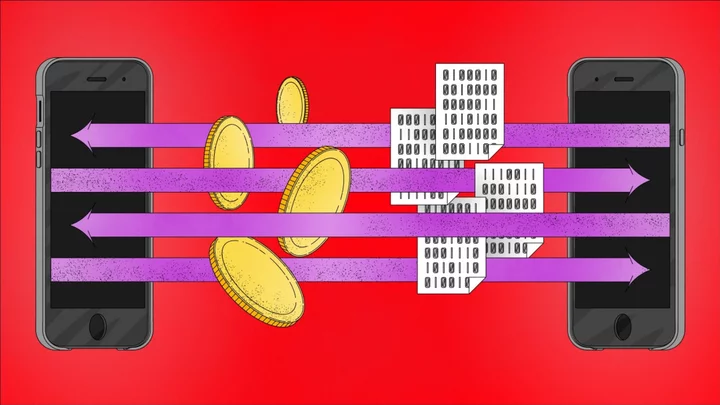
Crypto Exchange Huobi Delists Tokens Using Justin Sun’s Tron Stablecoin
Crypto exchange Huobi Global Ltd. said it will remove 10 “trading pairs,” primarily ones involving tokens used in
2023-06-27 01:21
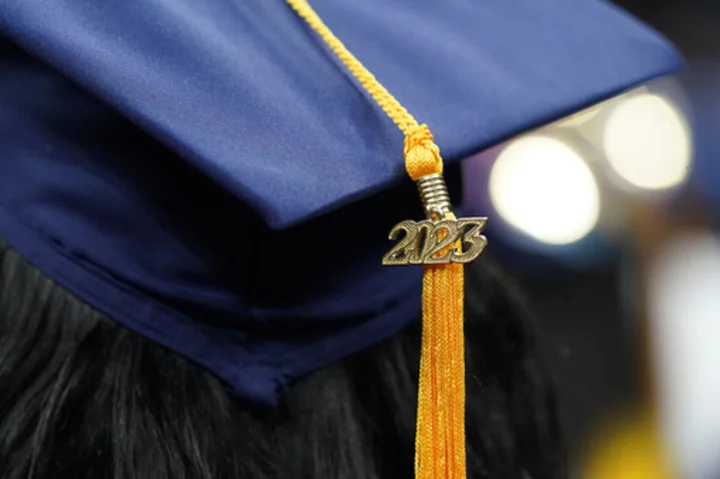
Master business skills without paying for an MBA
MBA grads say the investment in their degree was worth it, according to a 2022 survey by the Graduate Management Admission Council, an association of graduate business schools
2023-05-31 21:23

Nvidia Sounds Fresh Warning About Damage From China Export Rules
Nvidia Corp. acknowledged that the US may impose stronger restrictions on the sale of chips to China and
2023-08-24 10:22

6 Fascinating Facts About Geoffrey Chaucer
'The Canterbury Tales' author Geoffrey Chaucer's work spanned poetry and prose and ranged from the humorous to the scientific—but there's so much more to know about the "father of English poetry."
2023-07-03 20:23
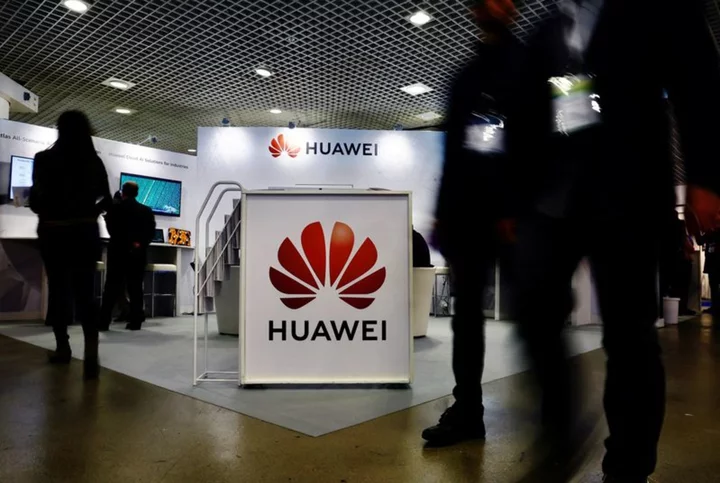
Analysis-Germany to face EU ire over Huawei supplies ahead of China talks
By Sarah Marsh, Supantha Mukherjee and Andreas Rinke BERLIN/STOCKHOLM The European Union is set to urge Germany to
2023-06-14 01:21

Shop the best Labor Day deals on headphones before the holiday weekend
Headphones and earbuds are perfect for enjoying music, podcasts, and making calls in a more
2023-09-02 06:25
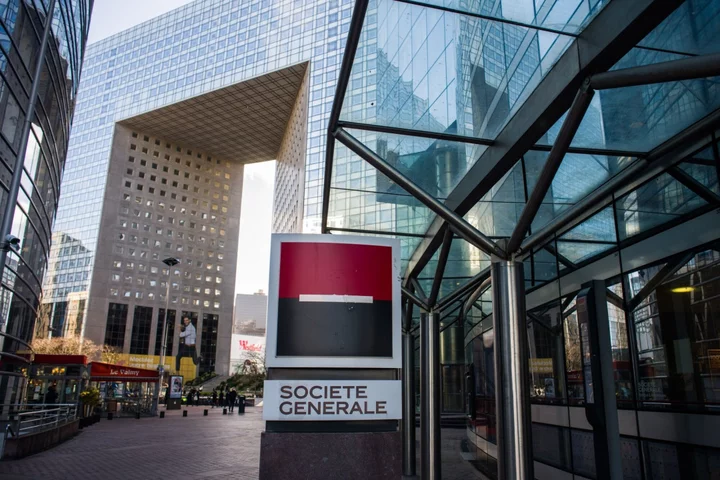
SocGen Plans to Halt New Oil, Gas Loans in Strategy Update
Societe Generale SA is planning to halt lending to some new oil and gas projects, as part of
2023-09-18 19:55

Canada news industry body backs Google's concerns about online news law
By Ismail Shakil OTTAWA A Canadian news industry body on Thursday lent support to some of Google's concerns
2023-10-13 05:29
You Might Like...

Summer Heat Waves Are Far From Over in the Mediterranean Sea

Google’s AI Chatbot Is Trained by Humans Who Say They’re Overworked, Underpaid and Frustrated

How to cancel your Amazon order

What Are Legion Arms in Lies of P?
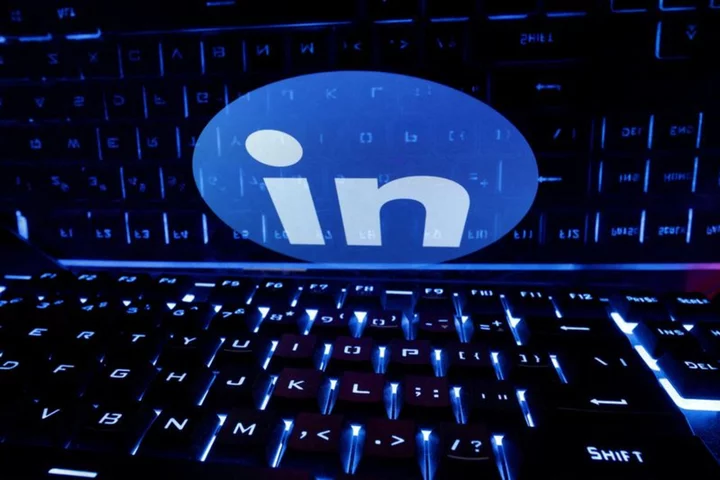
LinkedIn to test ad product for video streaming services

Nvidia GeForce RTX 4060 GPU Benchmarks Compared: Is It Finally Time to Upgrade?

Vodafone boosted by 1&1 5G network deal in Germany
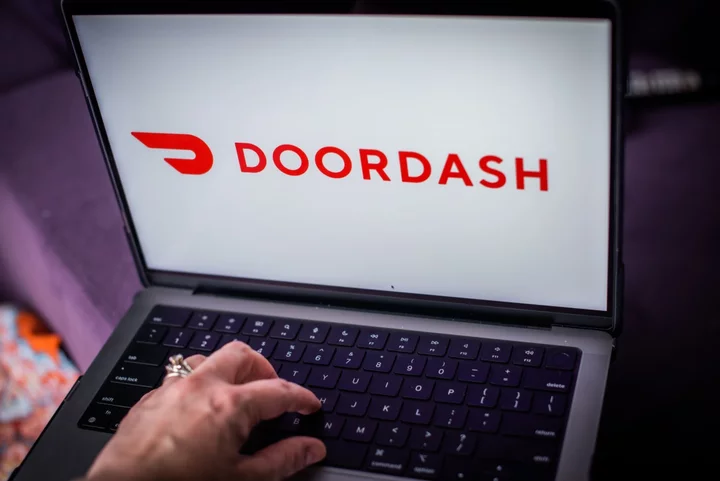
DoorDash Is Working on an AI Chatbot to Speed Up Food Ordering
